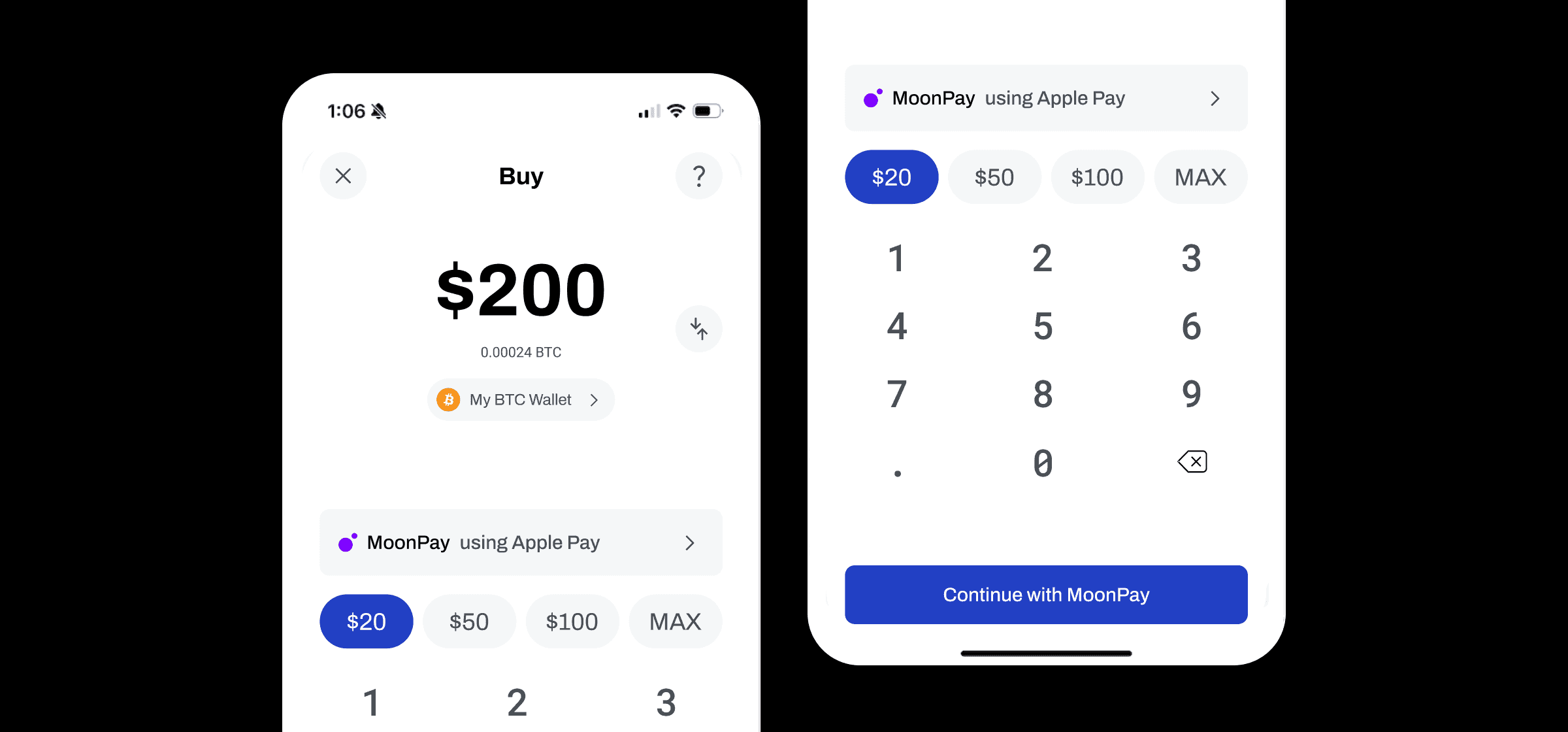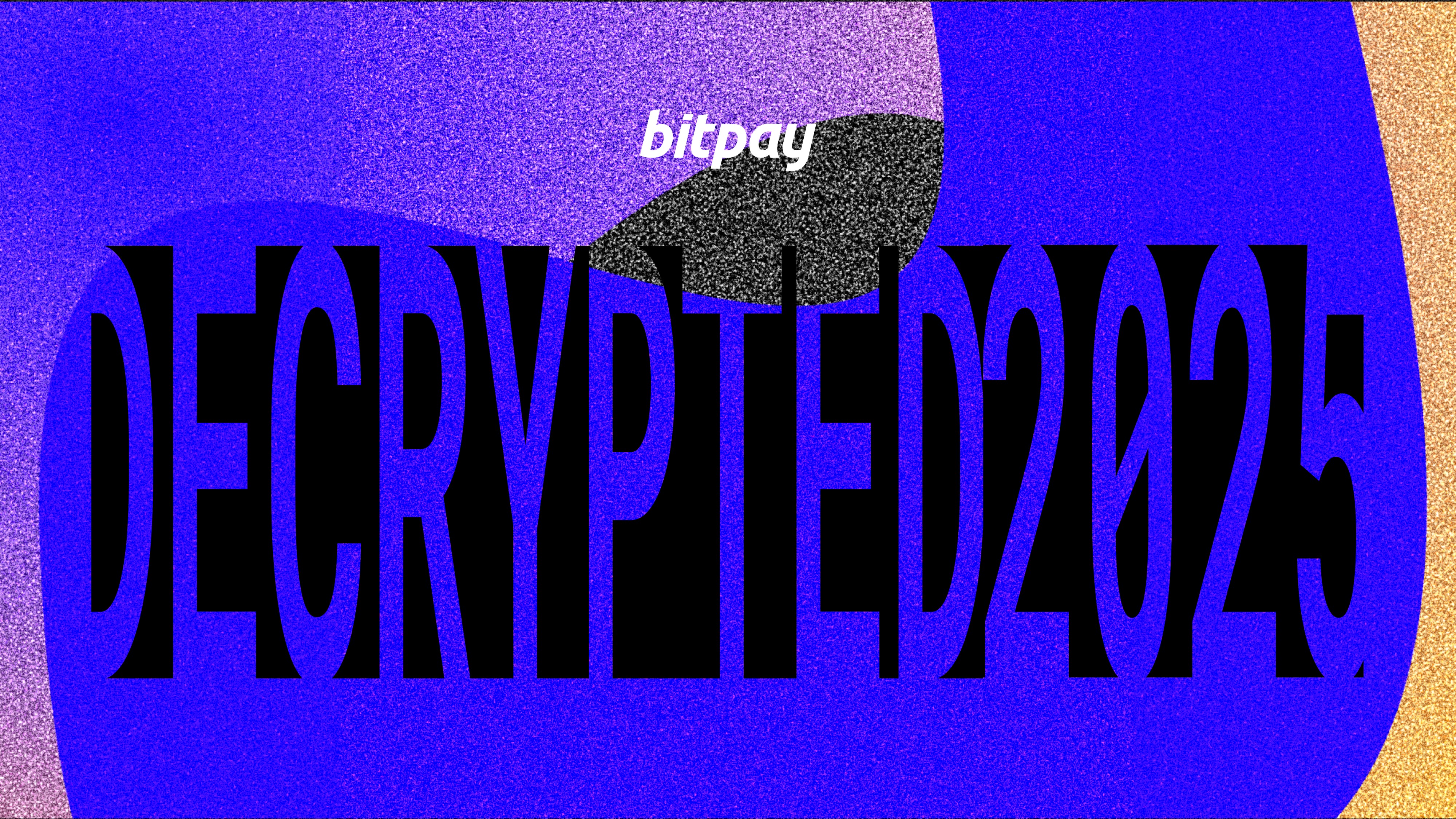March 25, 2024
Ethereum's Dencun Upgrade: Unleashing Scalability and Efficiency
The Important Bits
Ethereum has undergone many changes since its 2015 launch, and the Dencun Upgrade implemented March 13, 2024 is one of the biggest.
- The Dencun Upgrade includes nine improvements designed to supercharge network scalability, reduce transaction fees and boost security.
- The upgrade introduces proto-danksharding to Ethereum, which slashes gas fees by enabling the network to process Layer-2 (L2) transaction data more efficiently.
- Proto-danksharding is made possible through a new type of data called blobs, which are purged from the blockchain instead of stored forever.
Launched in 2015, Ethereum is both a blockchain and a decentralized, open-source software platform. It was created to address some of the perceived technological limitations of Bitcoin around processing complex financial transactions. Today Ethereum’s native crypto token, Ether (ETH), along with Bitcoin, are the two most valuable cryptocurrencies in the market.
Ethereum has been a magnet for developers looking to capitalize on the technology its blockchain enables, making it a hub for innovation. The blockchain has become home to a large array of decentralized, smart contract-based applications (dApps), and is the originator of the decentralized finance (DeFi) ecosystem. DeFi has ushered in a blockchain-based economic revolution, enabling users to access banking services, secure loans and mortgages and more, without legacy financial institutions.
As Ethereum network traffic grew, scalability became an issue as it struggled to keep up with the influx of new users. As a result, transactions slowed, and fees paid by users to execute transactions, known as gas fees, climbed steadily higher. Layer-2 networks (or L2 networks) built upon the Ethereum Blockchain helped ease network congestion by taking much of its transaction activity off the main chain. However, the way L2s had to settle transactions on the main chain, and how the resulting data was being stored, was costly and inefficient.
On March 13, 2024, the blockchain underwent a series of nine Ethereum improvement proposals (EIPs), collectively called the Dencun Upgrade. The hard fork is intended to improve the network’s scalability and efficiency while reducing transaction fees across L2 networks, passing the savings to the end-user.
The Dencun Upgrade (its name derived from a portmanteau of the project names Deneb and Cancun), is considered the most significant event in the history of Ethereum since “The Merge” in September 2022. During The Merge, Ethereum transitioned away from its computer power-intensive proof-of-work consensus mechanism for validating transactions in favor of proof-of-stake, which requires much less energy expenditure.
Ahead, we’ll delve into the nuts and bolts of the Dencun Upgrade, and what it means for users, payments and the future of Ethereum.
Understanding the Dencun Upgrade
Although the Dencun Upgrade includes nine distinct EIPs, the most significant component is EIP-4844, which introduces proto-danksharding to Ethereum. Proto-danksharding slashes gas fees by enabling the network to process a larger volume of transactions via L2 networks without a reduction in reliability or speed. It achieves this by creating an entirely new type of temporary data called “blobs,” which are purged from the chain after a set period of time.
Scalability
Ethereum’s future growth depends on the ability for more transactions to be completed faster, and at a lower cost. Dencun will enable Ethereum to more efficiently process data from L2 networks, and the resulting lower gas fees are intended to attract more developers to the platform.
Gas fees
Blobs allow L2 data to be moved more efficiently to the main chain, which is then jettisoned after a set period of time. Previously this data was kept permanently on Ethereum, and the cost of storing it accounted for more than 90% of the fees incurred by L2 rollup users, according to the Ethereum Foundation. A week after the Dencun update went live, gas fees have fallen by more than 90% across L2 networks that have integrated it.
Security
Two of the EIPs included in the Dencun Upgrade, EIP-4788 and EIP-6780, are intended to beef up network security. The former enhances communication between Ethereum’s consensus (validation) and execution (processing) layers, which could make it more difficult for would-be attackers to exploit a weakness in either layer. EIP-6780 introduces changes to smart contracts’ self-destruct mechanism, aimed at making them less vulnerable to malicious actors.
Cross-chain communication
EIP-4788 in the Dencun upgrade also improves cross-chain communication, enabling more seamless and secure interactions between the main Ethereum blockchain and L2 solutions.
Data storage
A type of L2 network called rollups bundle transactions off-chain and then move them to Ethereum for settlement in batches to reduce traffic on the main chain. Before Dencun, network nodes would hold onto L2 data on Ethereum forever, passing the cost of their ever-growing storage needs to end users.
Segue to full danksharding
Proto-danksharding is a stepping-stone for Ethereum to make the leap to full danksharding, a key goal of its post-Merge phase, dubbed “The Surge.” The Surge is all about exponentially scaling Ethereum as it strives for mass adoption, and danksharding will play a key role.
What Dencun means for payments
The Dencun Upgrade should have an overall positive effect on crypto consumers, resulting in cheaper and faster payments on L2 networks. There will be no negative impact to BitPay users, and no action is required by our customers or merchants. Many of the other EIPs included in the upgrade will not affect end-users directly.
Another important thing to note is that the decrease in gas fees Dencun unlocks will only impact true L2 networks such as Optimism, Arbitrum and Base. Polygon, which uses its own blockchain and is therefore not a true L2 solution, will likely not see any savings in fees.
Looking ahead, what’s next for Ethereum?
With the Dencun Upgrade now live, crucial limitations around fees and data storage that have historically slowed Ethereum’s journey to mass adoption are no more. Hopes are high that essentially eliminating gas fees will encourage a glut of developers to flock to the platform, no longer discouraged by its pre-Dencun shortcomings. This could unleash a new wave of innovation on Ethereum that never would have been possible before. Full danksharding on Ethereum is likely several years away. But the Dencun Upgrade brings Ethereum another step closer to founder Vitalik Buterin’s ultimate goal of 100,000 transactions per second on the network.
Note: All information herein is for educational purposes only, and shouldn't be interpreted as legal, tax, financial, investment or other advice. BitPay does not guarantee the accuracy, completeness, or usefulness of any information in this publication and we neither endorse, nor are we responsible for, the accuracy or reliability of any information submitted or published by third parties. Nothing contained herein shall constitute a solicitation, recommendation, endorsement or offer to invest, buy, or sell any coins, tokens or other crypto assets. BitPay is not liable for any errors, omissions or inaccuracies. For legal, tax, investment or financial guidance, a professional should be consulted.




